Category : Faculty
Feb 1, 2022 | Announcements, Community, Faculty, In Region, India, News, Students

It started as a solution to a challenge: how do we help students from India’s government schools follow their dreams and explore their curiosity towards science, technology, and everything in between? The answer took the form of Scienspur: an initiative led by Nagaraju ‘Nag’ Dhanyasi and Vinay Vikas, who brought together their network of Ph.D.s and postdocs using a Mittal Institute grant to provide free science courses to students from public colleges across India.
Jan 27, 2022 | Announcements, Community, COVID-19, Faculty, In Region, India, News
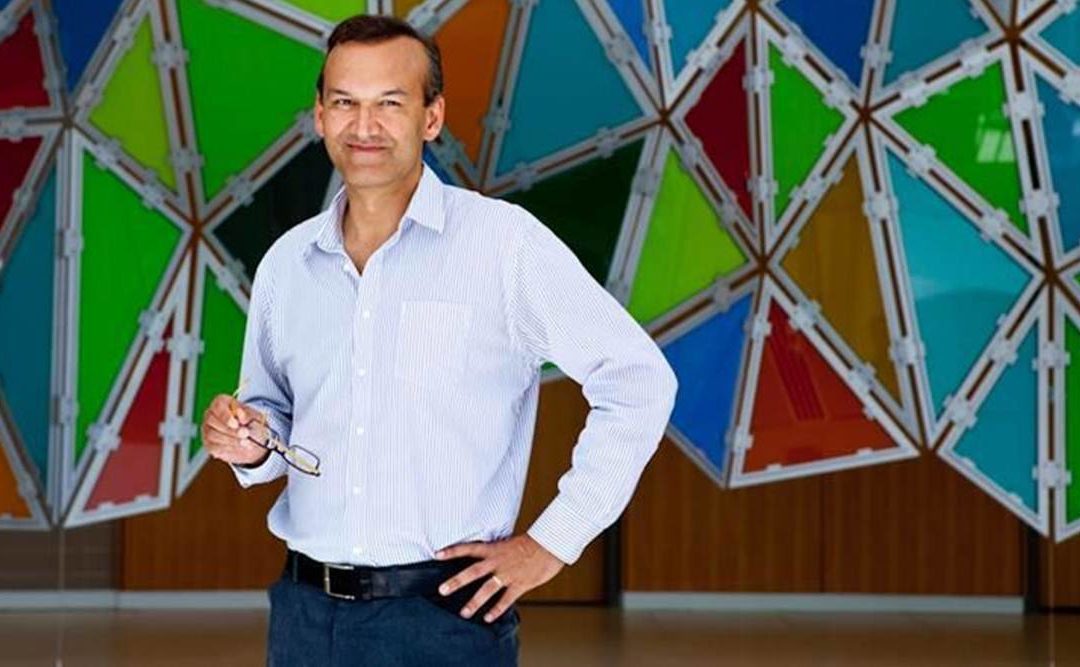
Prabhat Jha, Professor in Disease Control at the Dalla Lana School of Public Health, University of Toronto and one of the event panelists, gave the Mittal Institute some insight into what he will focus on during the talk. As an epidemiologist, Dr. Jha studies the major causes of death in developing countries – including those from COVID-19. He is the lead author of a study published in Science that estimates India’s total COVID-19 deaths are “substantially greater than estimated from official reports.” He shared more on his survey in the interview below.
Jan 26, 2022 | Announcements, Associates, Faculty, In Region, News

Image by Markus Winkler. A roundup of Mittal Institute faculty and affiliates who have been featured in the news in recent weeks. New Book on Leadership: Tarun Khanna Congratulations to Tarun Khanna, Mittal Institute director and Jorge Paulo Lemann Professor at...
Dec 1, 2021 | Announcements, Arts Program, Community, Faculty, News
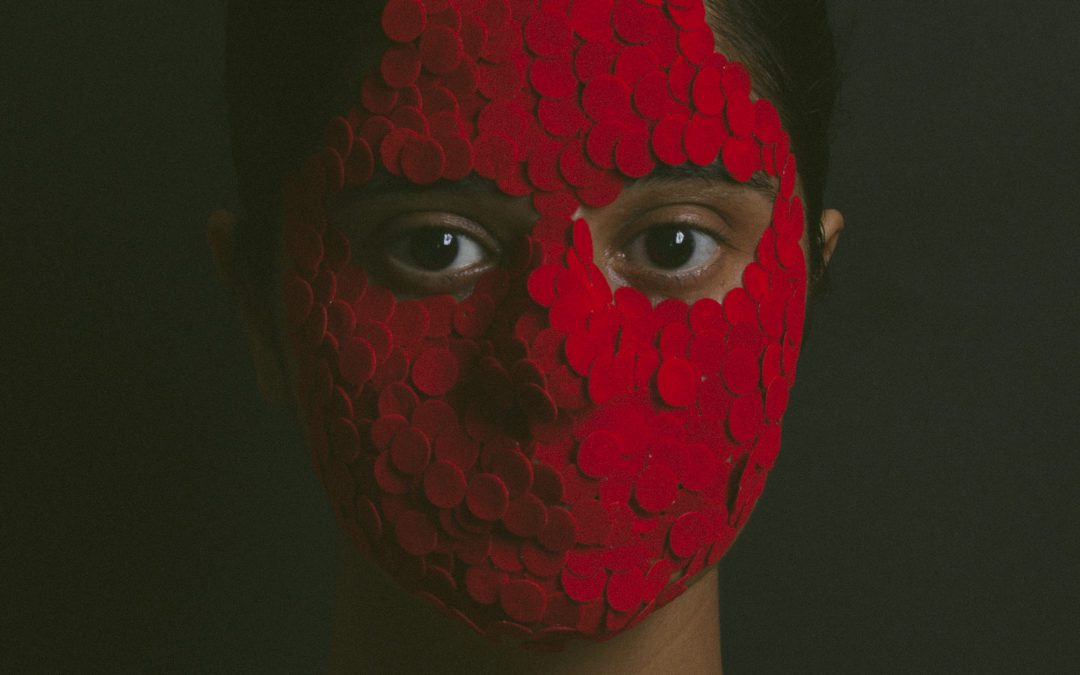
Last week, the Harvard community had the opportunity to virtually meet the Mittal Institute’s two newest VAF artists – Bunu Dhungana and Pragati Jain – through their Art Exhibition: Women in South Asia: Expectations, Burdens and Obligations. Both artists shared their motivations, their craft, and their creations in moving, personal reflections (the full event video is above). As VAFs, these two mid-career artists from South Asia are spending the semester at Harvard, engaging with faculty and students, participating in art exhibitions, and completing research projects. The Mittal Institute checked in with Bunu Dhungana to learn more about her artistic motivations.
Nov 17, 2021 | Announcements, Faculty, In Region, India, News

Rahul Mehrotra—practicing architect, urban designer, and educator—recently released a new book, entitled “The Kinetic City & Other Essays.” The book presents Rahul’s writings over the last thirty years and illustrates his long-term engagement with and analysis of urbanism in India.
Nov 17, 2021 | Announcements, Arts Program, Community, Faculty, News
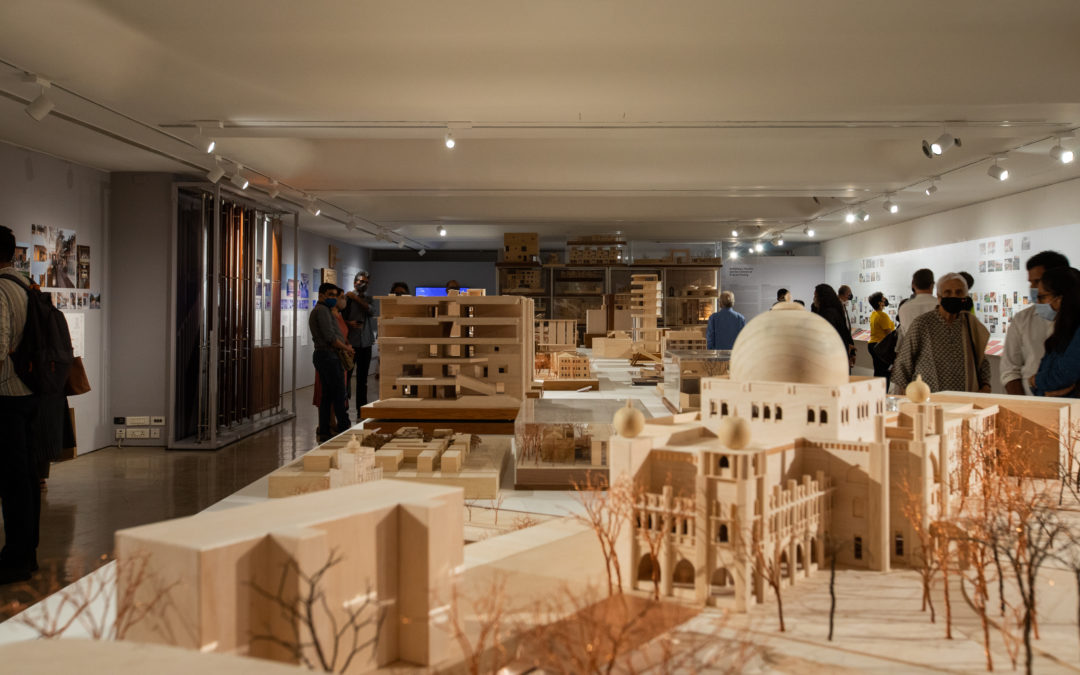
RMA Architects 1990-2020. Curated by Kaiwan Mehta. A project produced by Goethe-Institut / Max Mueller Bhavan and the Architecture Foundation. The exhibition will show at Gallery MMB, Goethe-Institut / Max Mueller Bhavan Mumbai from 27 October to 31 December, 2021. Monday to Saturday, 11:00 am to 7 pm.
Nov 17, 2021 | Announcements, Arts Program, Community, Faculty, News
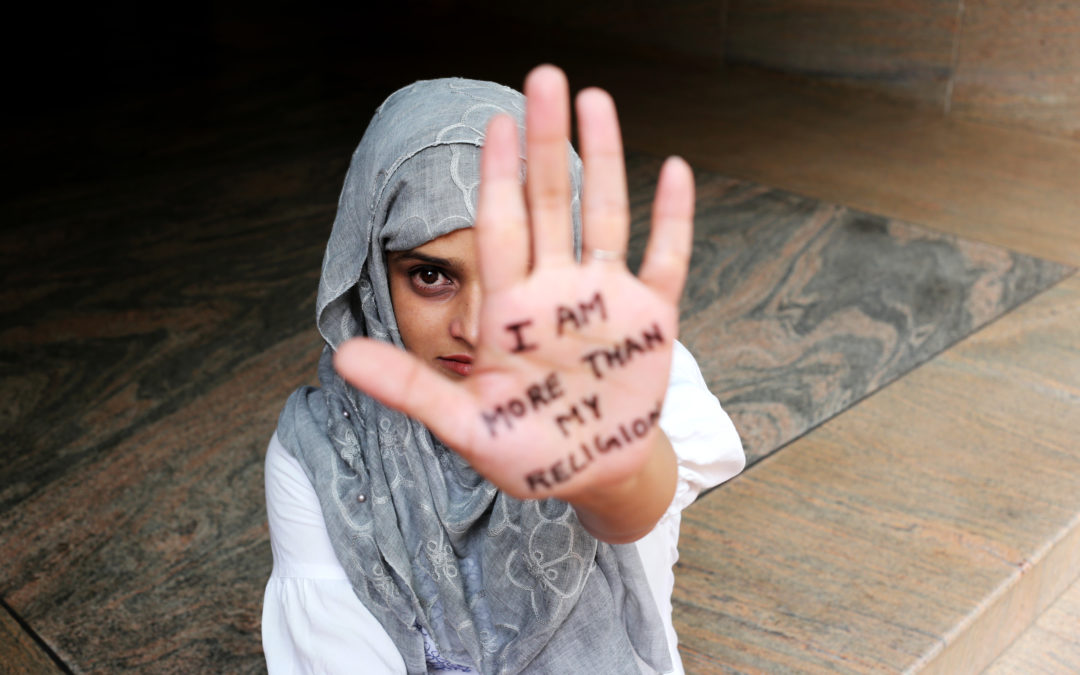
Last week, the Harvard community had the opportunity to virtually meet the Mittal Institute’s two newest VAF artists – Bunu Dhungana and Pragati Jain – through their Art Exhibition: Women in South Asia: Expectations, Burdens and Obligations. Both artists shared their motivations, their craft, and their creations in moving, personal reflections (the full event video is above). As VAFs, these two mid-career artists from South Asia are spending the semester at Harvard, engaging with faculty and students, participating in art exhibitions, and completing research projects. The Mittal Institute checked in with Pragati, to learn how her experience at Harvard is transpiring and what projects she is working on. An interview with Bunu will be forthcoming in December.
Oct 13, 2021 | Afghanistan, Announcements, Faculty, In Region, News, South Asia in the News
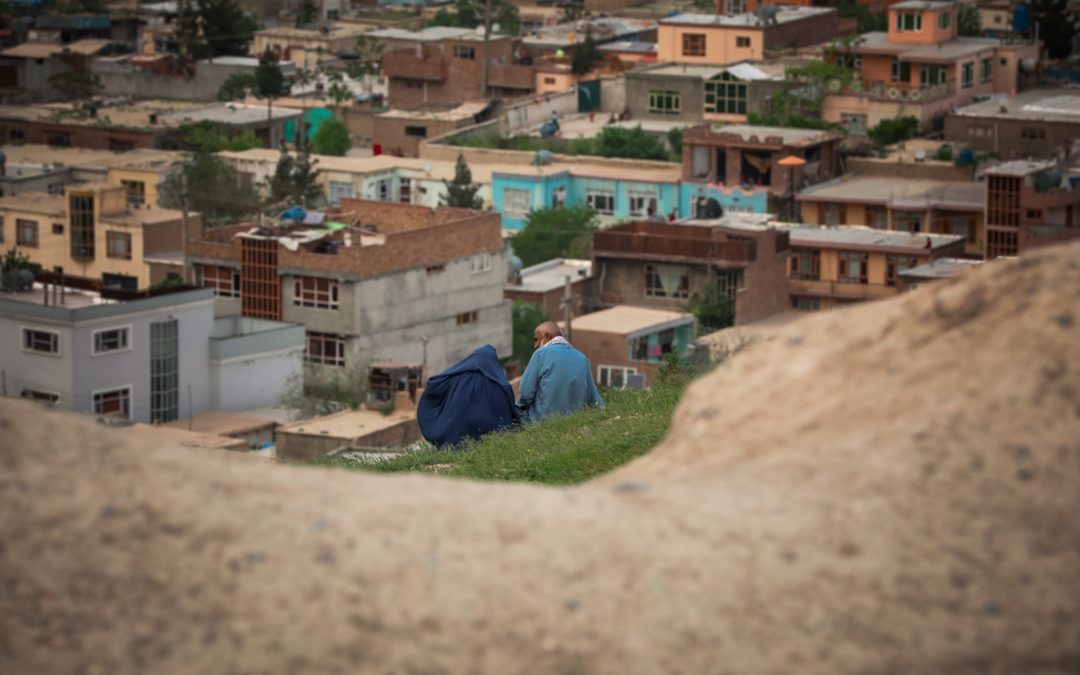
On Friday, October 15, the Mittal Institute and the Negotiation Task Force present “Afghanistan’s Next Transition: How we got here, and what comes next,” a focus on the US withdrawal from Afghanistan. Discussants will explore the lead up to the collapse of the Afghan government, and what the new Taliban regime means for the future of the country and its people. Arvid Bell spoke with the Mittal Institute about his work, and what we can expect the panelists to cover at the October 15 event. Arvid is a scholar and entrepreneur who specializes in complex conflict analysis, negotiation strategy, and international security. He is lecturer on Government at Harvard University, Director of the Negotiation Task Force at the Davis Center for Russian and Eurasian Studies, and Partner at Negotiation Design & Strategy (NDS), a training, advisory, and research development group.
Sep 2, 2021 | Announcements, Community, COVID-19, Faculty, In Region, India, News
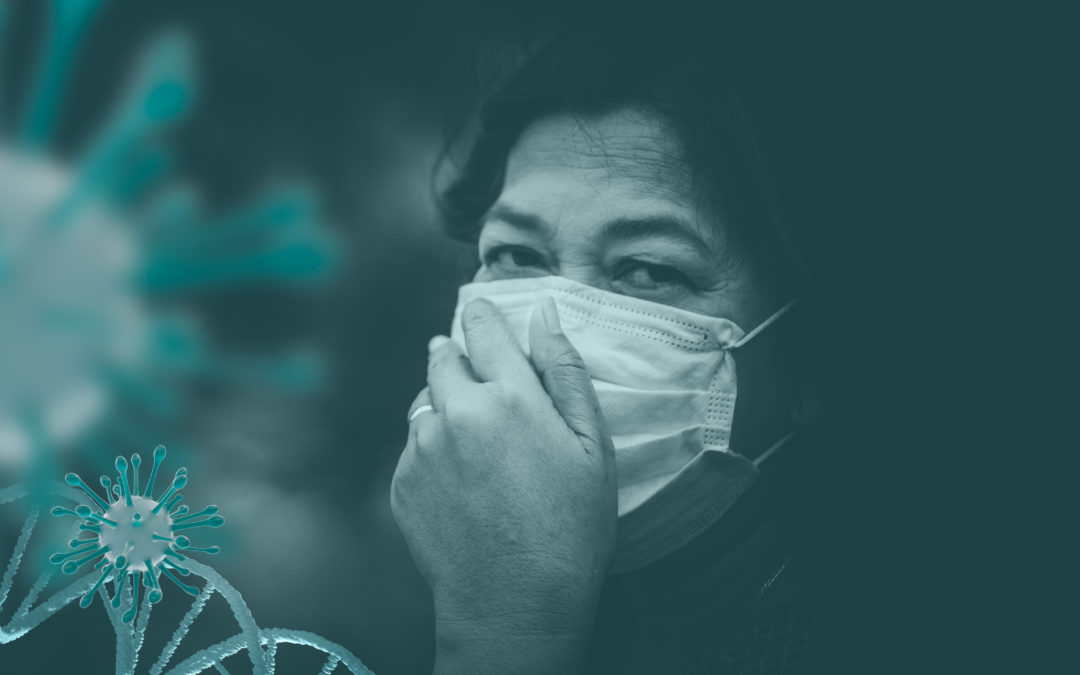
As India experienced substantive health and socioeconomic consequences of the COVID-19 pandemic, the webinar focused on emerging COVID-19 variants, how vaccines can adapt to these new variants, and how India can mitigate a potential third wave. Through the webinar...
Aug 19, 2021 | Announcements, Faculty, In Region, India, News

In the below article, which appeared in BMJ Global Health, authors Nivedita Saksena (Harvard TH Chan School of Public Health, FXB Center for Health and Human Rights and the inaugural IDHN Fellow at the Mittal Institute), Rahul Matthan (Takshashila Institution, Bengaluru, India), Anant Bhan (Centre for Ethics, Yenepoya (Deemed to be University), Mangalore, Karnataka, India), and Satchit Balsari (Department of Emergency Medicine, Harvard Medical School / Beth Israel Deaconess Medical Center and Mittal Institute Steering Committee member) explore India’s National Digital Health Mission’s goal of creating a system of electronic health records that capture data, with the patient’s consent.
Jul 29, 2021 | Announcements, Community, Faculty, News, Students
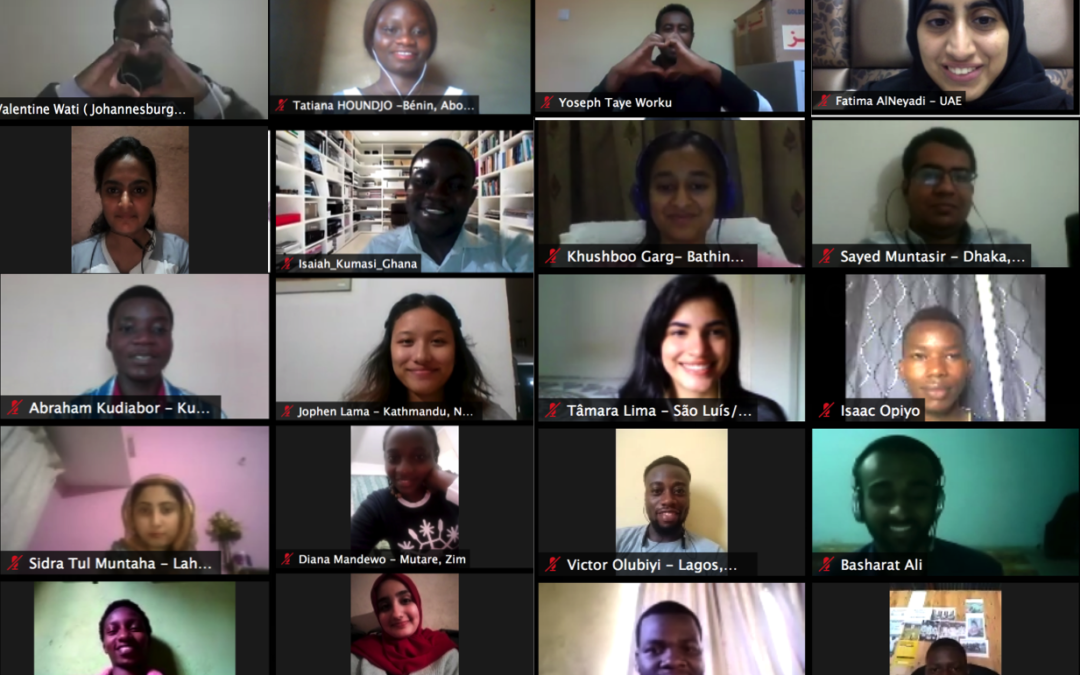
Since its inauguration in 2017, the Crossroads Emerging Leaders Program (CELP) has been devoted to engendering a transformation in the lives of first-in-family college students globally. By providing an array of educational resources, direct connections to Harvard faculty, mentorship opportunities, and affinity networks, CELP identifies and supports young people around the world in reimagining their academic and professional futures, fostering “success” through locally-grown, aspirational narratives, and in the process, building cohorts of next-generation leaders. This past month marked the conclusion of the fourth iteration—and second virtual iteration – of the program.
Jun 16, 2021 | Announcements, Bangladesh, COVID-19, Faculty, In Region, India, Myanmar, Nepal, Pakistan

The following Op-Ed appeared in numerous dailies across Pakistan, India, Bangladesh and Nepal. The article speaks to the commonality of societal structures across the region and the need for trans-border knowledge exchange to combat COVID-19 in the region. By...












